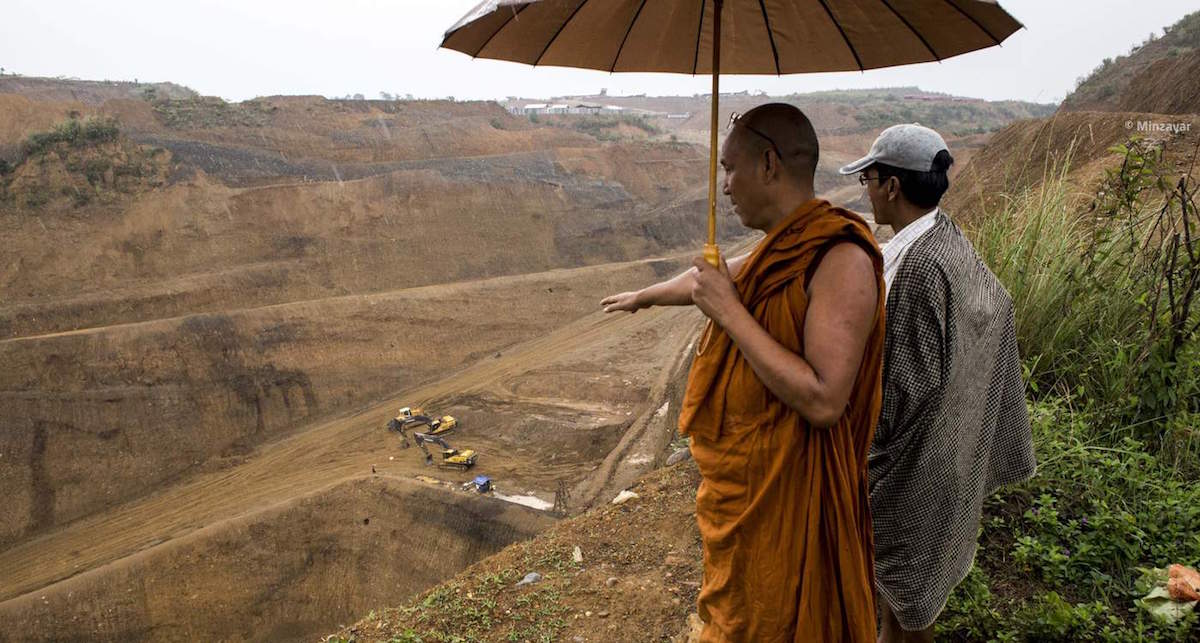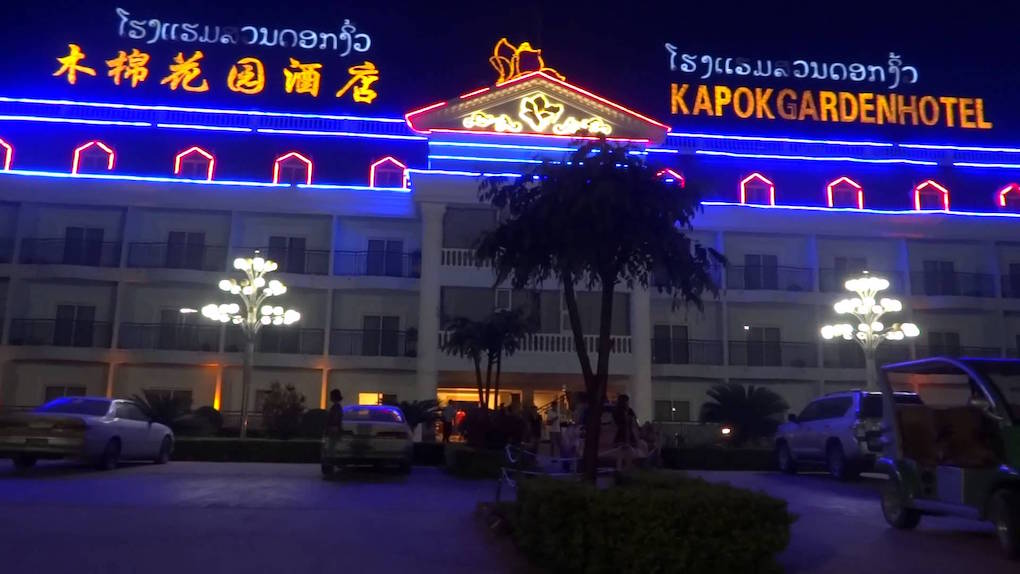Civil society and politicians in Christian-majority Kachin State have called on the Myanmar government to prioritize regulation of the mining sector in their efforts to end the associated human rights abuses and deadly armed conflict.
Their renewed calls come as Aung San Suu Kyi’s government begins its second session of the 21st Century Panglong Peace Conference, May 24-28, in the country’s remote capital city of Naypyidaw.
More than 700 representatives of government, military, political parties, ethnic armed groups and observers are expected to attend.
Christina Kai Ra, president of the women’s department in the Kachin National Social Development Foundation in Hpakant, said the government has ignored repeated calls to address the lack of transparency in the mining sector before talking about peace deals.
“There have been many human rights violations in the jade mining industry. Hundreds of people have died due to landslides, improper mining practices and sporadic eruptions of fighting in the region,” Kai Rai told ucanews.com.
Clashes erupted between the military and the Kachin Independence Army (KIA) last week near the Hpakant jade mining region, said Kai Ra.
More than 100,000 people in Kachin State have been displaced since 2011 when a ceasefire between the military and the KIA broke down after 17 years.
Lashi La Seng, a Catholic lawmaker for the ruling National League for Democracy party in Hpakant, told ucanews.com that armed ethnic groups have been targeting the area’s natural resources as a source of income to fuel armed conflict.
To achieve long-lasting peace in the region, La Seng said that resource sharing and company licenses are key. The lawmaker said she is concerned that the government’s priority to end the decades-long civil war relies too heavily on a nationwide ceasefire agreement (NCA), which some ethnic groups have yet to sign.
Manam Tu Ja, chairman of Kachin State Democracy Party, said the resource-sharing issue will not be discussed in the second session of the Panglong conference but will be on the table for the next round of peace talks.
Cardinal Charles Bo of Yangon has said the conflict in Myanmar continues due to “a lack of transparency and the greed of certain individuals and crony companies.”
“The nation needs to move towards economic federalism. Resources of Myanmar belong to the people of Myanmar,” Cardinal Bo said in a keynote speech at Interfaith Peace Conference in Yangon, April 26.
Global Witness, a non-governmental organization based in London, recently said the upcoming peace talks offer a crucial opportunity to put the country’s natural resources “on a new footing,” and to move closer to “a lasting end to the ethnic conflicts” that has caused so much suffering.
At the launch of their new film “Jade and the Generals,” May 17, Paul Donowitz, Global Witness’ Campaign leader said “Local people are increasingly desperately calling for peace. To deliver it, the government must remove the incentives to keep fighting. Kachin’s jade riches need to be managed in the interests of its people, not men with guns.”
Myanmar produced US$31 billion worth of jade in 2014, a figure that equates to 50 percent of the country’s declared gross domestic product, said a report 2015 October by the non-governmental organization Global Witness.





